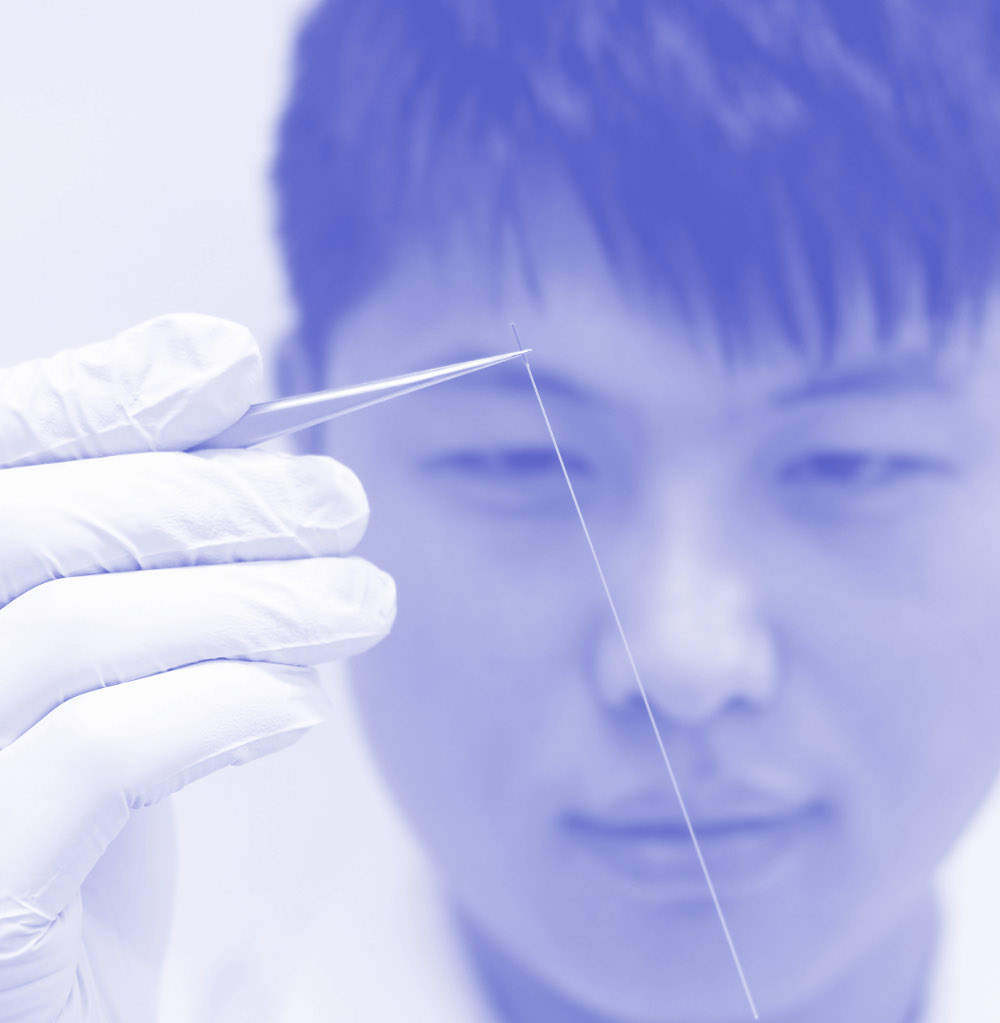Brain probe seeks cytokines
 Australian researchers have developed a state-of-the-art sensor that can for the first time detect signalling molecules called ‘cytokines’ in the living brain.
Australian researchers have developed a state-of-the-art sensor that can for the first time detect signalling molecules called ‘cytokines’ in the living brain.
Cytokines in the brain are secreted by glia cells that make up nearly 90 per cent of all brain cells. Cytokines play a central role in controlling mood and cognition and may also contribute to a number of mental health disorders.
“What we’ve developed is the first sensor capable of monitoring the release of these cytokines in the brain,” says lead researcher Kaixin Zhang from Macquarie University.
“Critically, there is mounting evidence that these glial-released cytokines play a central role in regulating a range of brain functions. In particular they are responsible for affecting mood, cognition and behaviour.”
“Our innovative new sensor has the potential to increase our knowledge not only of how the brain works, but may be able to shed light on conditions such as depression, stress, anxiety and even schizophrenia,” he said.
The sensor consists of a modified optical fibre which has had its surface treated with a capture protein. The protein reacts to the presence of cytokine molecules and is capable of monitoring local cytokine release in discrete and targeted parts of the brain.
Professor Ewa Goldys a senior researcher on the project, says brain functionality is an extremely complex area where scientific knowledge is still limited.
“Our research in understanding cytokine secretion, neural circuits and how these two work together is essential to improving our understanding of the brain, in health and disease. Our sensor has opened a new window to the brain, but we still have far more to discover,” she says.
“The key benefit of our new sensor is that it enables the detection of cytokine release precisely as it happens, in living, naturally behaving animals, which is the key step on this discovery journey. To date, suitable tools have not been available to do this as the living brain is an incredibly difficult part of the body to access, and these cytokines are very difficult to measure.”







 Print
Print